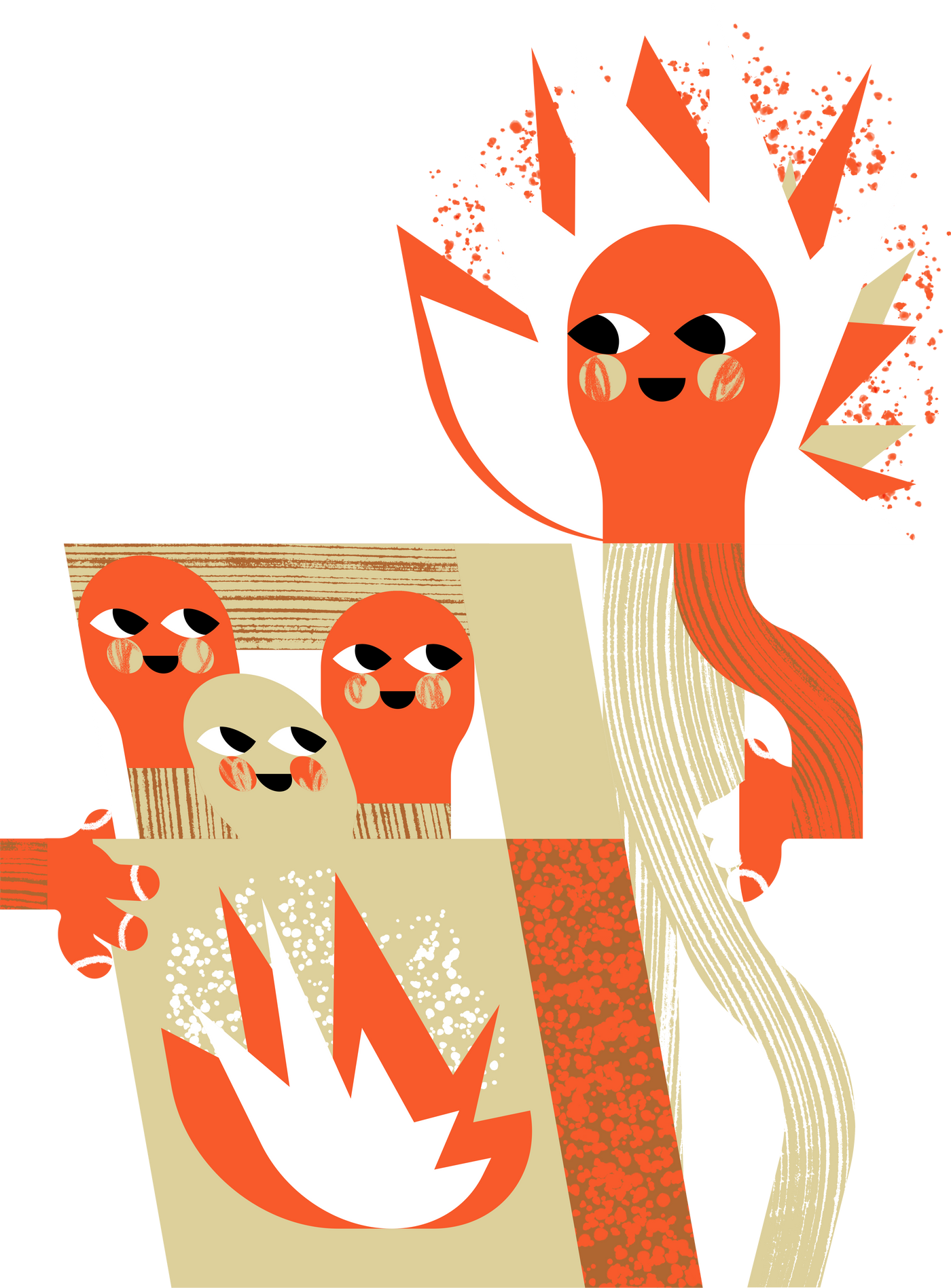What is propaganda?
Propaganda is a type of mass communication that aims to sway the public opinion or to influence people’s behaviour. There are many misconceptions about propaganda. Contrary to what many think, propaganda is not a nazi-German invention. And propaganda also isn’t bad by definition: some propaganda can have noble purposes!
-
The definition of propaganda
There are many definitions of the word propaganda. What do those definitions have in common? And why does propaganda have such a negative connotation? You’ll read all about it here.
-
Where does propaganda come from?
The word propaganda comes from Latin, but the Greeks were the real pioneers of propaganda. Discover this brief history of propaganda.
